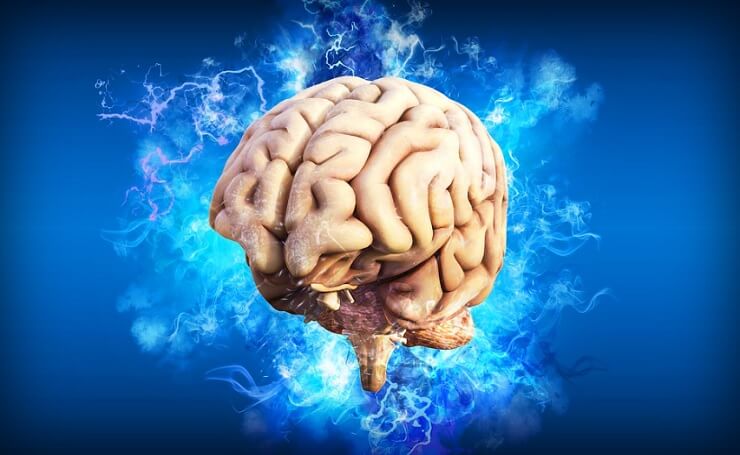Plants contain around 5,000 flavonoid chemicals, which help to stimulate cell growth, counteract environmental stress, and attract pollination insects.
It is feasible to delay the rate of memory loss by ingesting more flavonols, a subset of flavonoid, antioxidants present in a variety of vegetables, fruits, teas, and wine, according to new US research.
According to a recent study published in the medical journal of the American Academy of Neurology and reported by CNN, long-term cognitive decline was slower in the group that consumed the most flavonols, regardless of other factors that can affect memory, such as age, gender, and smoking, and was fastest in the group that consumed the least.
“Our study suggests that specific food choices may influence slower cognitive decline,” said study author Dr. Thomas Holland, an internal medicine professor at Rush University Medical Centre in Chicago. Eating more fruits and vegetables and drinking more tea, particularly green tea, are simple ways for people to take an active role in keeping their brains healthy.
Flavonols are cytoprotective, which means they protect cells, including neurons, and this may have a direct influence on cognition (the use of conscious mental processes), according to Dr. David Katz, a preventive medicine specialist and lifestyle and nutrition specialist who was not involved in the study.
Find out more about: A Superfruit You Should Eat Every Day
Flavonols have highly powerful antioxidant qualities that contribute significantly to the optimal functioning of the cardiovascular system, which serves as the foundation for the prevention of stroke and other cerebrovascular events.
Red onions, apples, broccoli, and teas, particularly green tea, are high in these bioactive components. Onion flavonols have the highest bioavailability because they reach the largest amounts in tissue and have the strongest action. Consuming these meals on a daily basis can reduce the risk of stroke (the third largest cause of death in affluent countries) by up to 20%.
A large family of phytochemicals
Plants contain around 5,000 flavonoid chemicals, which help to stimulate cell growth, counteract environmental stress, and attract pollination insects.
Flavonols have been shown in studies to reduce the development of inflammation, which is the main trigger for the development of chronic diseases, and they are high in antioxidants, which fight against free radicals, which are very unstable molecules that are naturally produced when you exercise and your body converts food into energy.
After reading this text you can also read about: The Best and Worst Home Remedies for Hemorrhoids: Three Get Rid of Pain Like a Joke, Two Will Go Wrong



